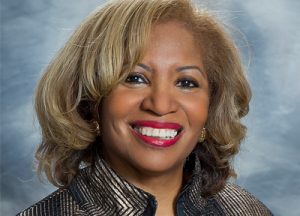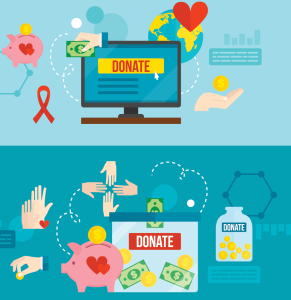Three years after the Great Recession officially ended, America’s unemployed young people have seen little improvement in their job prospects. The unemployment rate for 16- to 24-year-olds peaked at 18.4 percent in early 2010 and has since declined to 16.3 percent. By comparison, the overall unemployment rate fell from 10 percent to 7.3 percent.
It remains stubbornly high despite the $7 billion government and philanthropy spend annually to address it, most of which goes to education and job training programs run by nonprofits. Employers have a seat at the table to help design and support successful youth training initiatives. It’s clear from recent research that employer engagement in youth training programs does not happen often enough.
Yet without employers on board, real progress in reducing youth unemployment isn’t likely to happen. Based on interviews with nonprofits, foundations, and employers, organizations have to focus on three key questions: Who are the employers most likely to hire young people in my region?; How do I best present them with the business case for hiring young people?; and, How do I tailor skills training to what employers really need?
In the San Francisco area, Goodwill Industries’ San Francisco affiliate trains disadvantaged young people and adults for entry-level jobs, so it has to know who is hiring. “We need to know like the back of our hand which sectors are appropriate for our constituencies, and how do we get greater engagement not only with specific employers but whole sectors,” said Joshua Lachs, Goodwill’s chief of workforce development and community engagement.
Goodwill identified the warehousing sector as a potentially good source of entry-level jobs and established a warehousing academy to teach specific skills. Within that sector, Goodwill also targets specialized areas. “There’s a produce association that represents companies with a big need for more employees,” Lachs explained. Goodwill designed a warehousing academy module around produce handling. “Once our graduates finish the program, we’ve got that pipeline into the produce association,” said Lachs.
Making the case to hire young people is front-and-center for Genesys Works Bay Area in San Francisco, Calif. The organization provides high school trainees with entry-level IT and professional skills and matches them to a part-time position with a corporate partner during the young person’s senior year. When Genesys Works talks to employers, “We won’t position it as a charity. That actually just perpetuates the stigma that high schoolers don’t have inherent value on their own as employees,” said Program Director Rita Ebach.
Tailoring training to employer needs is the only way to ensure that young people exit a program with the right skills. “It’s important to talk to employers,” something not all nonprofits do, according to Gail Gershon, executive director of community leadership for the Gap Foundation in San Francisco, Calif. Describing the Gap’s partnership with one nonprofit, Gershon said, “When we started, they had an existing job readiness program. We took the curriculum to a store manager and asked if the skills would be useful. The training team added eight topics that weren’t covered — things like conflict resolution, customer service, making smart decisions for the long-term, even if that means short-term sacrifices. It’s a very-real world, and the nonprofit hadn’t thought about putting that in the curriculum. If an employer could equip nonprofits working with youth with feedback on how to improve their curriculum for the real world, that would be really valuable.”
Goodwill, Genesys Works, and the Gap Foundation are examples showing how nonprofits, foundations, and governments can work more effectively with employers to train young people for meaningful work. And employers also have a leadership role in creating more connections between what they do to make a better company and what they do to make a better world. NPT
John Irons is managing director of foundation initiatives at The Rockefeller Foundation in New York City. His email is [email protected] Willa Seldon is a partner at The Bridgespan Group’s San Francisco office. Her email is [email protected]











